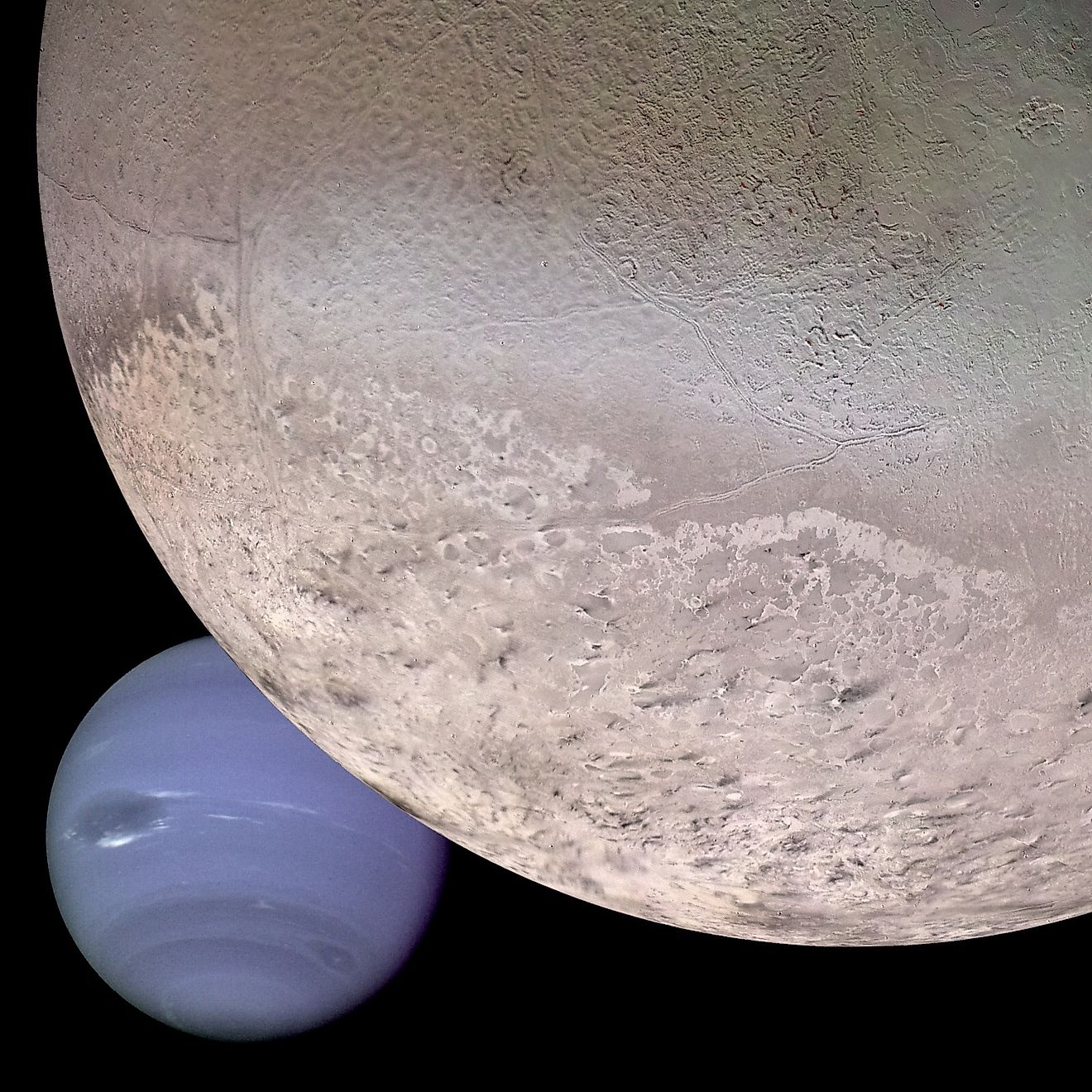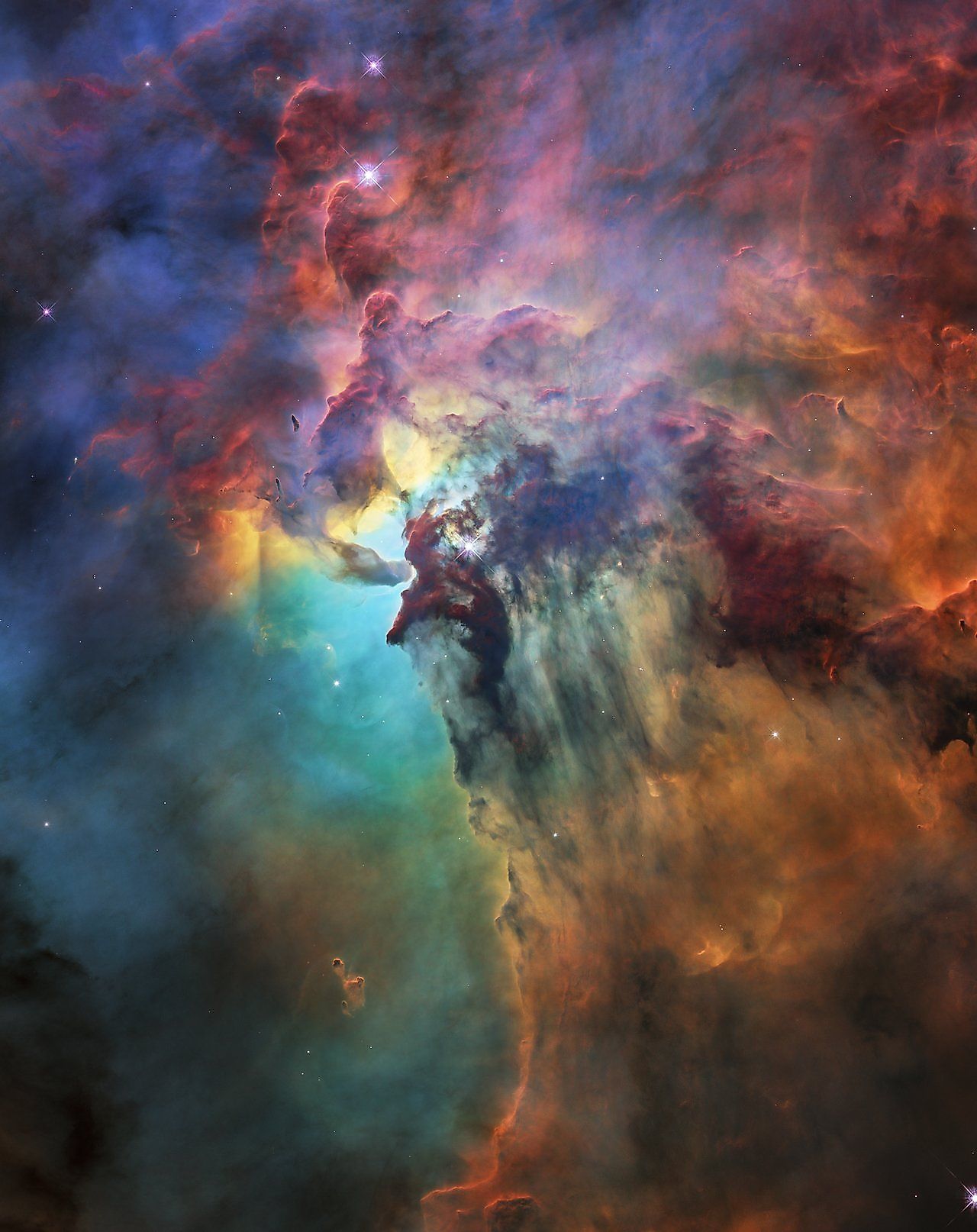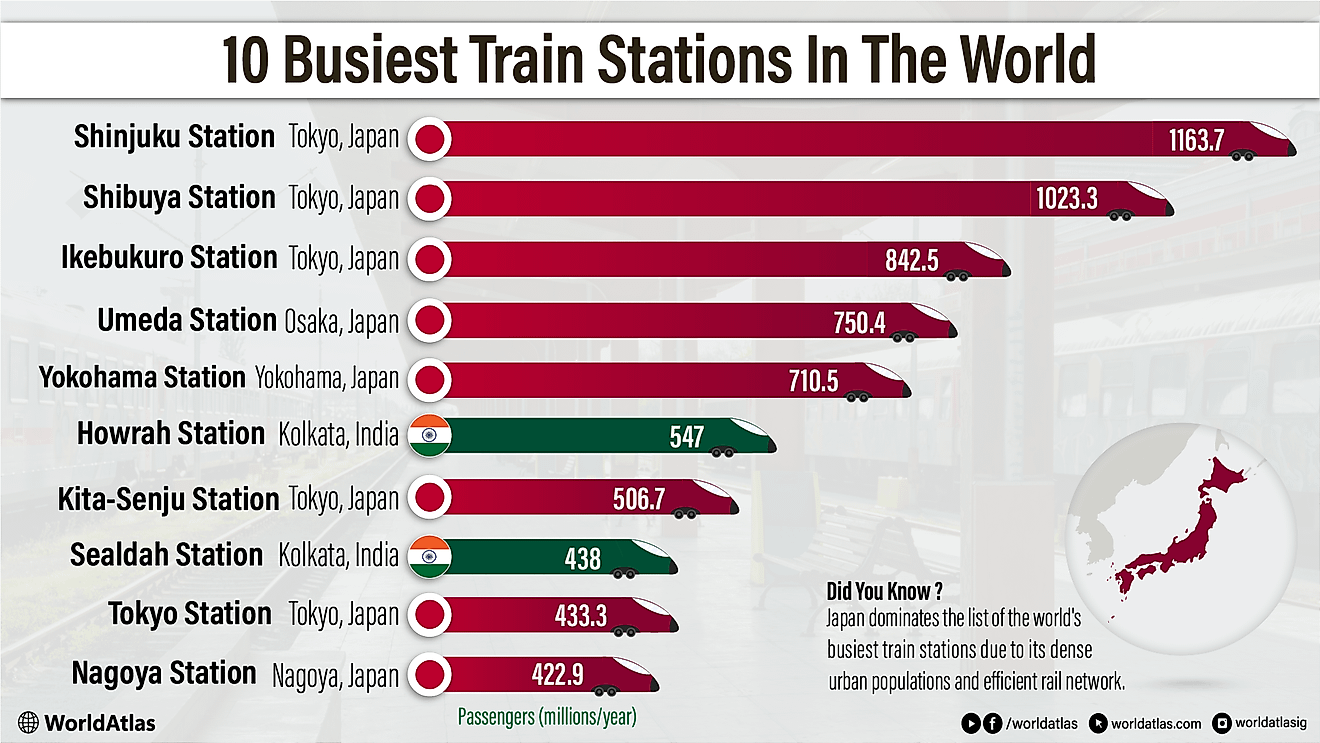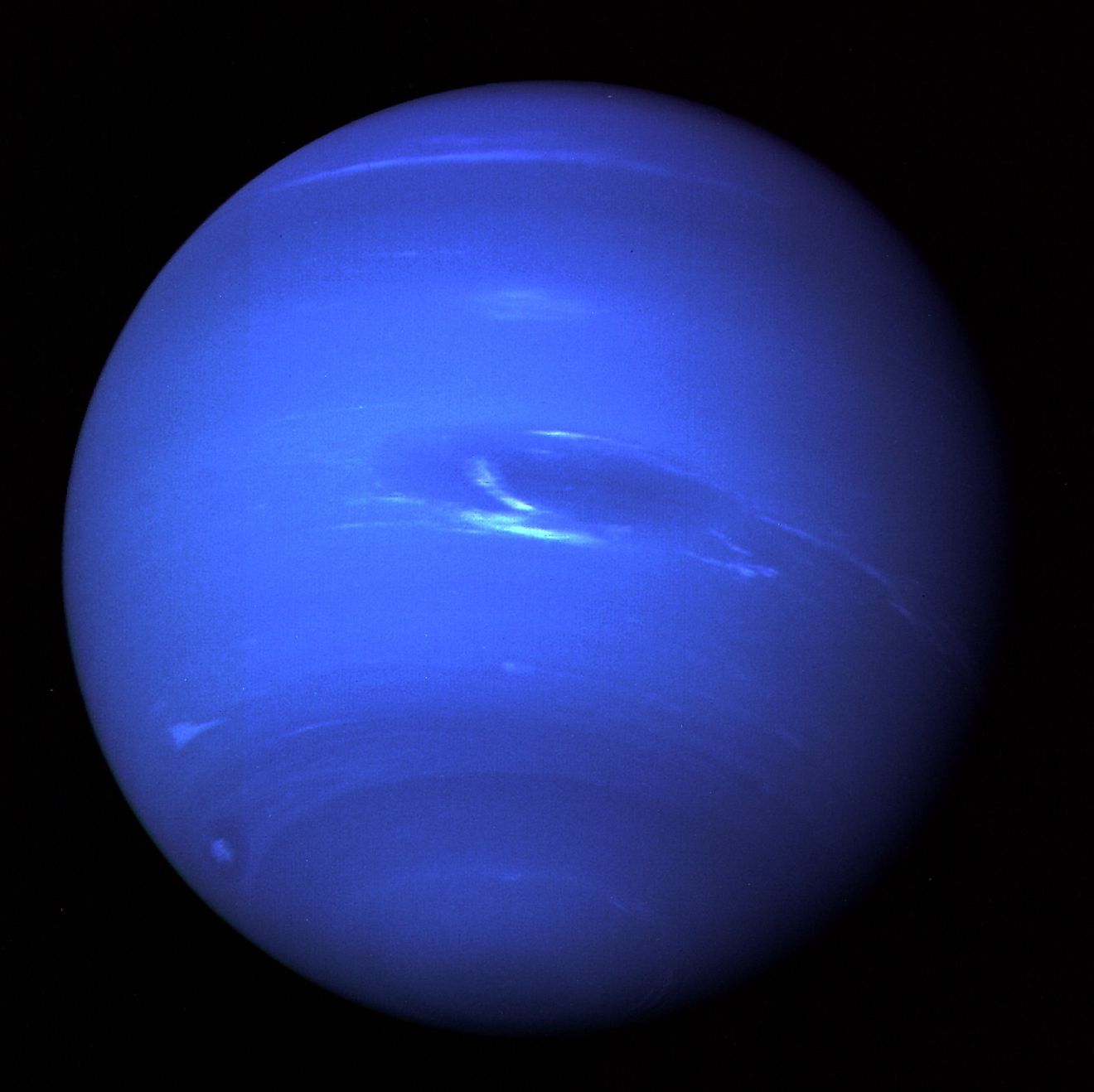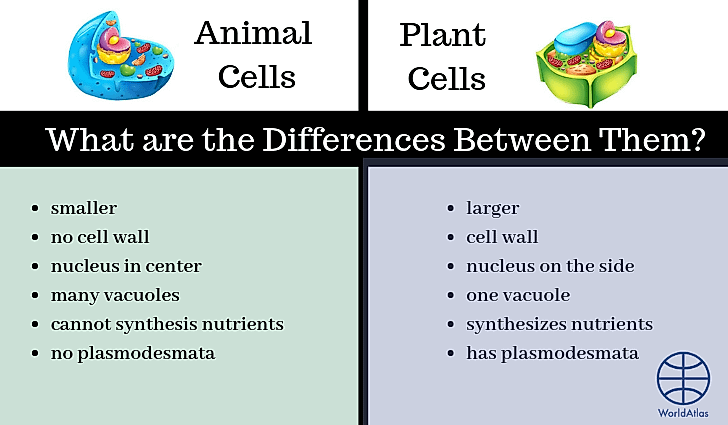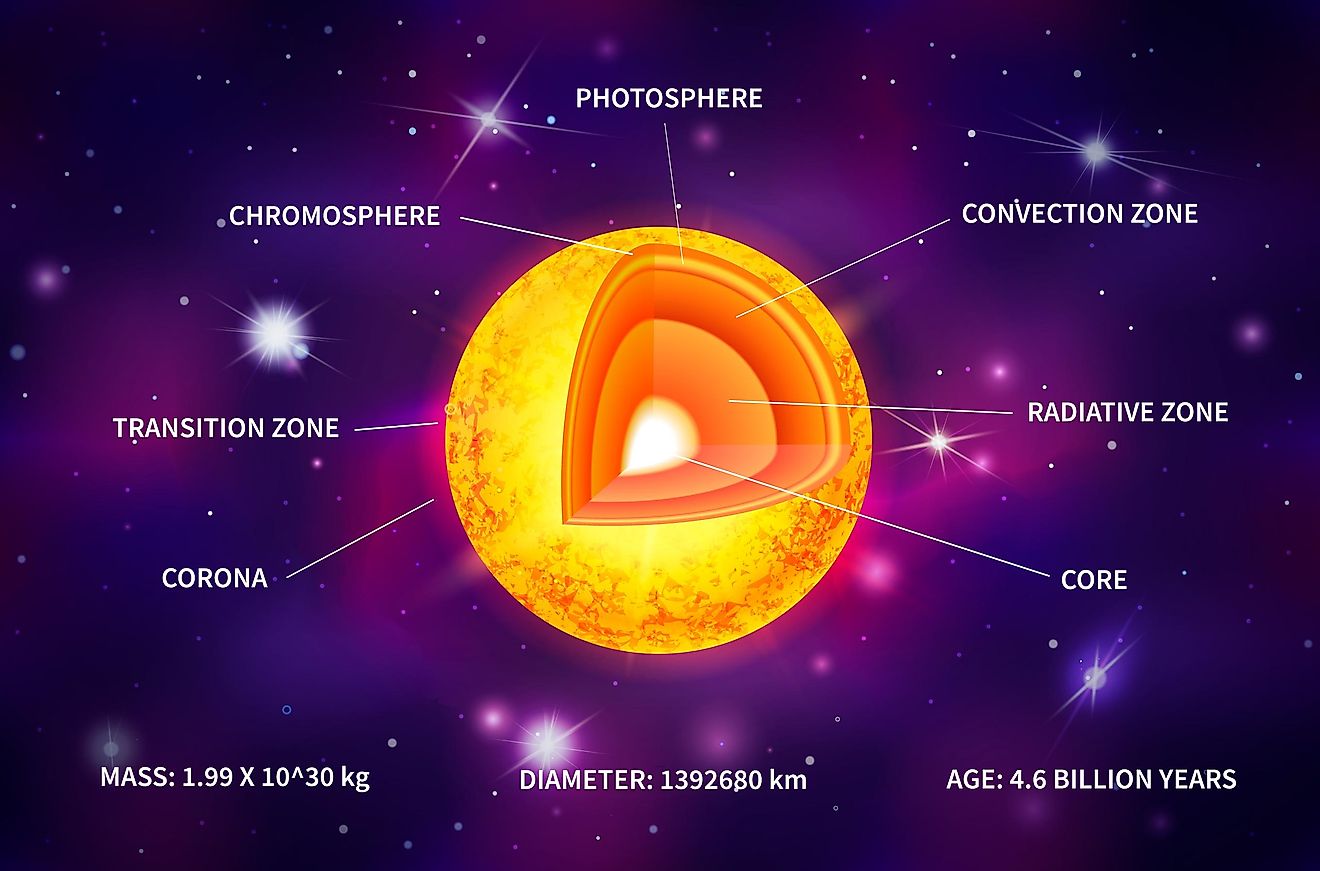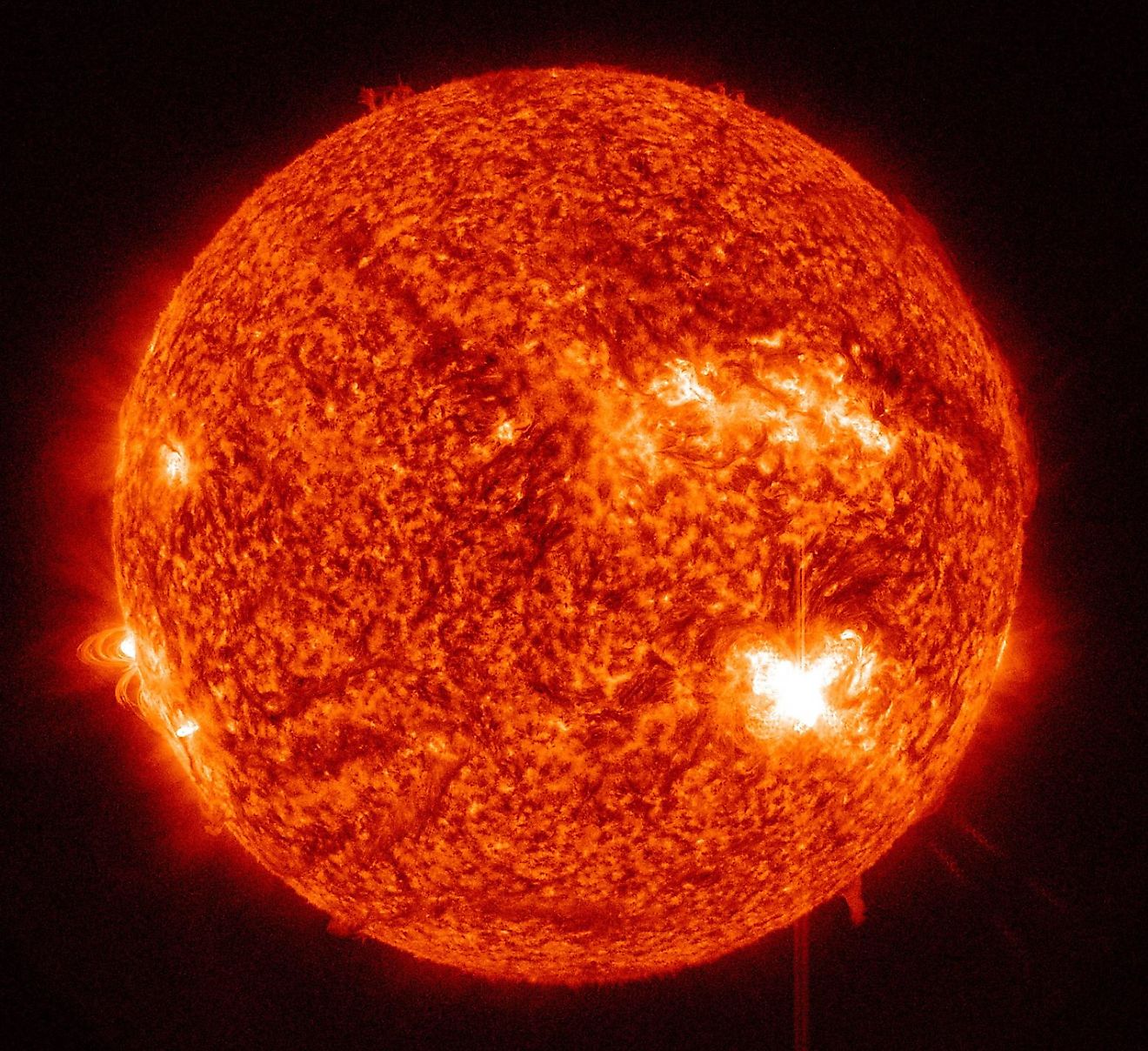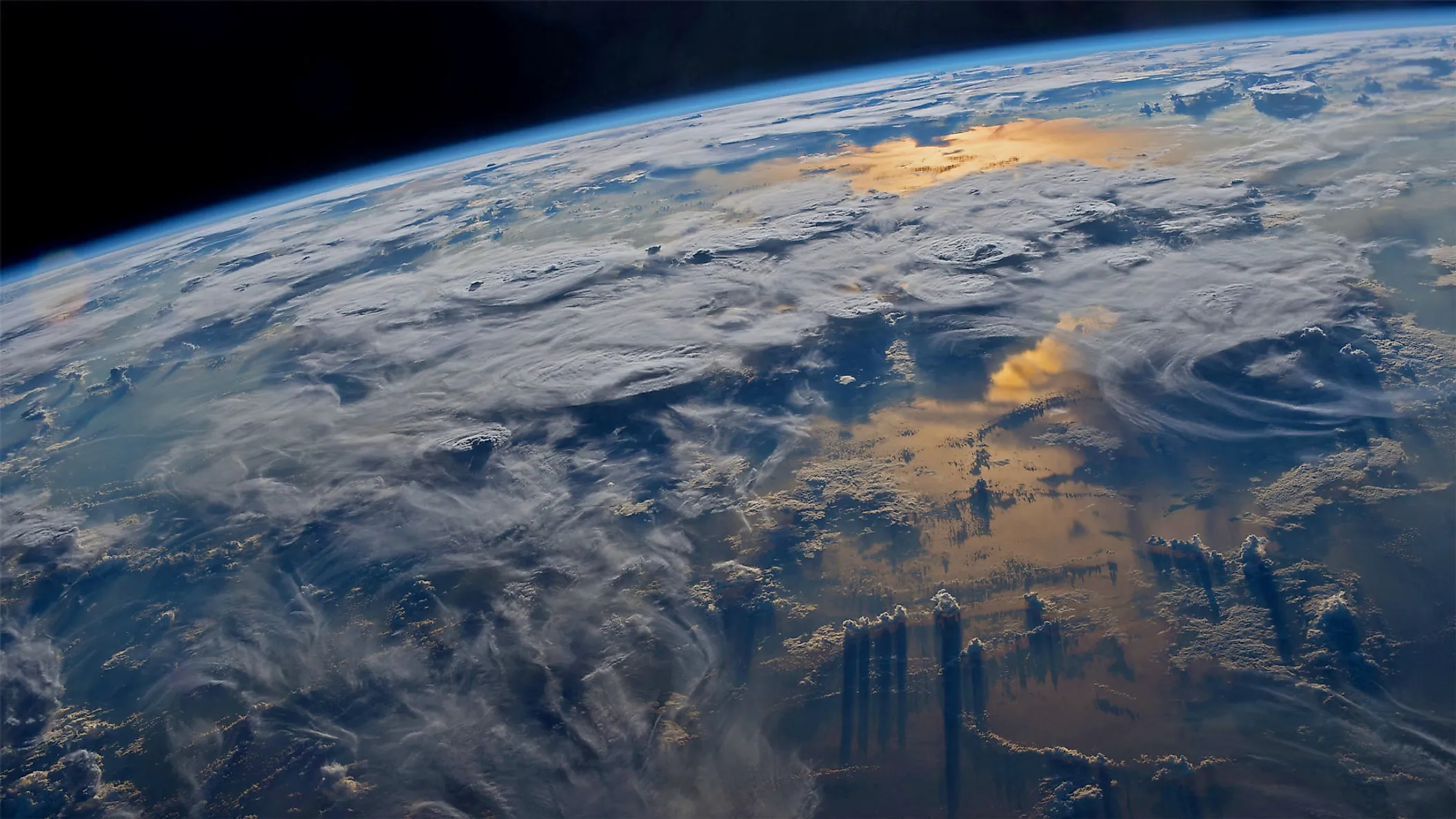
Is Earth A Planet?
Earth is one of the eight planets that orbit the sun. Although we know Earth to be a planet today, for most of human history, it was not known that the Earth was actually a planet. The term planet comes from the Greek word “plantetes”, which means “wanderers”. Throughout history, planets were differentiated from the stars based on their motion. While the stars stay in the same relative position year after year, the planets appeared to be moving. The positioning of the planets are not fixed, and instead, they appear to wander the night sky, hence the origin of the term.
When Did Earth Become Known as a Planet?
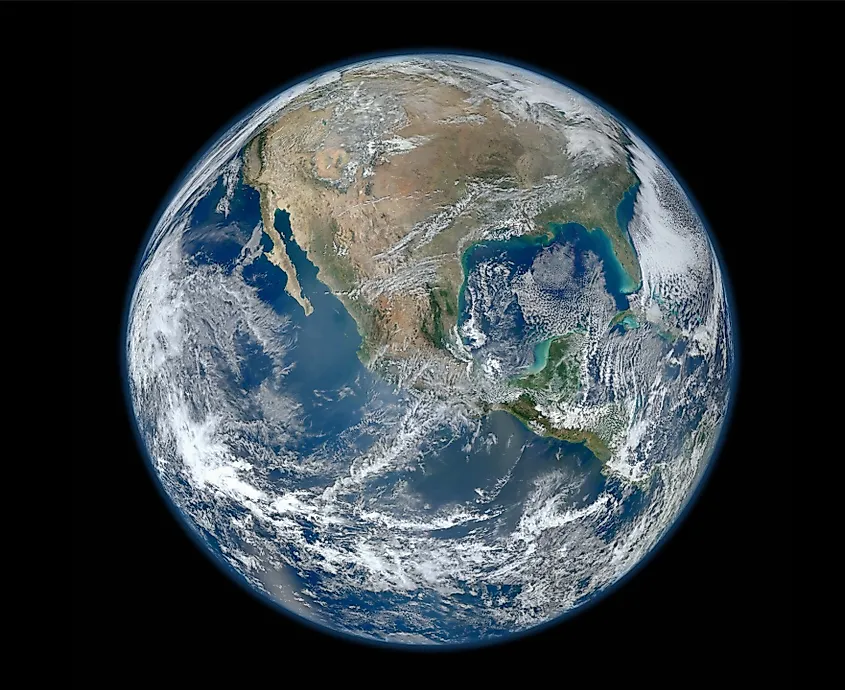
For most of human history, the prevailing wisdom was that the Earth was at the center of the universe. The sun, moon, planets, and all the stars were believed to be going around our world. As such, the Earth was not considered to be a planet. Although there were some Greek philosophers who claimed the Earth went around the sun with all the other planets, this idea never held sway until the discoveries of Nicolaus Copernicus. Copernicus first wrote about the heliocentric model in 1515, yet he would not publish his work until 1543, shortly before his death. Copernicus was aware of how controversial his ideas were at the time, and rather than risk his own life and reputation, he chose to wait until the end of his life to finally publish his work. The heliocentric model claimed that the Earth was a planet, and like the other planets, it orbits the sun. Years later, in 1610, the astronomer Galileo Galilei became the first person in history to use a telescope for astronomical observations, proving through observation that all the planets, including the Earth, go around the sun. Eventually, these ideas stuck, and the Earth widely became known as a planet.
What is a Planet?
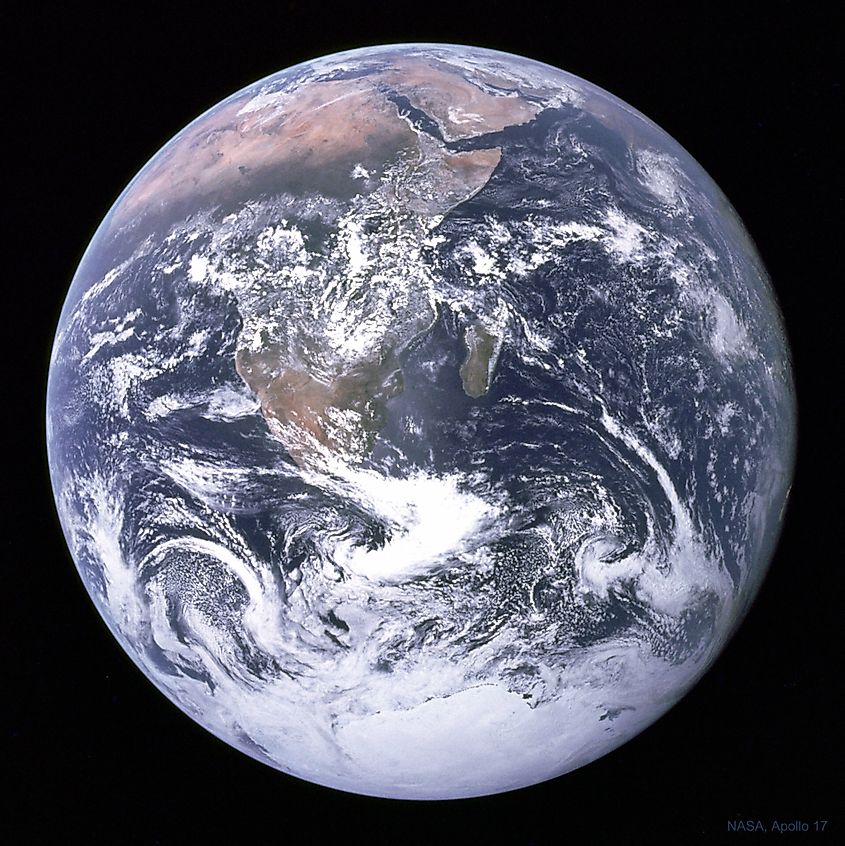
Defining the term “planet” as objects whose position changes relative to the stars may have made sense in the past, yet nowadays it does not. After all, if a planet is simply defined as an object whose position appears to wander, then several other types of celestial objects would be defined as planets, such as moons, asteroids, and comets. Interestingly, there was no true astronomical definition for the word planet until 2006, when the International Astronomical Union provided a definition for how objects can be classified as planets. The definition uses three criteria. First, an object must orbit the sun. Second, an object must have enough gravity gravity to pull itself into a spherical shape. Third, an object must have enough gravity to clear its orbital path of debris. Although this definition excluded Pluto, which was then classified as a dwarf planet, it finally offered a true definition of what a planet is. Since the Earth meets all three criteria, it is defined as a planet.



